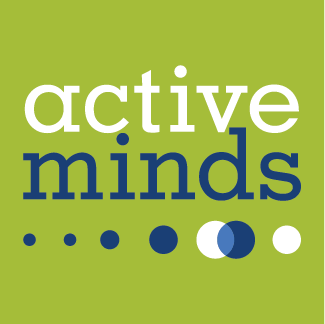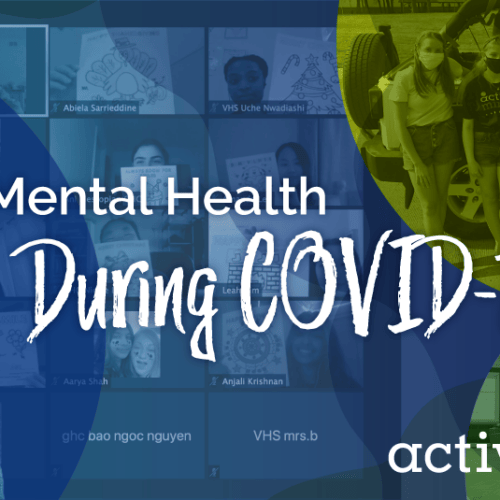Content Warning: This piece contains mentions of suicide statistics.
This piece was originally published as part of Thrive Global’s ‘Thrive On Campus‘ section on November 9, 2018. Click here to view the original publication.
“Opportunity Cost,” reads the bright red letters displayed across the PowerPoint slide my macroeconomics teacher pulls up on the projector screen. Quickly glancing at the slide, and then back at her class of 30-odd students, she queries, “What would you be doing right now if you didn’t have to be here in school?”
A juvenile chorus of murmurs responds, “Sleeping. Definitely sleeping,” in asynchronous unison, as a handful of students merely nod to acknowledge their approval, too fatigued to actually raise their voice. My teacher opens her mouth and then quickly closes it, concerned and unsure what to say.
Barely a month into senior year of high school, students already bemoan their lack of sleep. Summer break, filled with spontaneous siestas and satisfying slumbers, seems an all-too-brief bygone era. The effects of sleep deprivation are obvious: Productivity and motivation dwindle, yawns echo through campus hallways, and students glare at the clock at the back of the classroom more than they look at the teacher at the front. Sleep sits on the back-burner: everyone’s last priority.
Students do not dislike sleeping — given the chance, we would doze for days on end. Rather, sleep becomes the sacrificial victim when we struggle to balance high academic standards with extracurricular involvement, volunteer hours, student employment, and social activities in the increasingly competitive world of college admissions. In the short run, sleep seems a small price to pay under the pressure of such ritualistic but overwhelming responsibilities. The result? More than 87 percent of high school students get significantly less sleep than the recommended minimum of eight hours a day.
Teenagers’ choice to sacrifice sleep in the name of curricular success does not amount to simple poor decision making or immature misprioritization. Behavioral economists have studied how in general, actions with immediate rewards seem more enticing than actions with long-lasting benefits. For students, the short term benefit of a complete homework assignment, high test grade, or freshly padded resume seems to outweigh the often underappreciated long term health risks associated with serial sleep deprivation and poorly managed circadian rhythms.
The health ramifications of teenage sleeplessness, put into perspective, can only be described as devastating. Each lost hour correlates with a 23 percent increase in substance abuse, 38 percent increase of feeling hopeless and sad, 42 percent increase in suicide consideration, and a 58 percent increase in suicide attempts. Conclusion: Teenagers really need their sleep.
Now an undergraduate student at Union College, I witness sleep deprivation even more than I did in high school. With college students being one of the most sleep-deprived populations, I’m not surprised that my default greeting of “Hey, how are you?” is almost always answered with “I’m so tired” and an involuntary yawn. Larger and larger coffee cups decorate library desks while a diverse array of five-hour energy drinks dominate trash cans. We, as college students, are acutely aware of how little sleep we get and do everything in our power to stay awake and figure out that last math problem.
Several months ago, I stumbled into office hours stressed, disheveled, and sleep deprived. My biology professor asked me an unexpected, simple question: “Have you been sleeping enough?” I stumbled with my words, unsure of how to answer. I hadn’t realized that professors were also acutely aware of how little sleep students get. “It’s not worth it, Sruti,” she continued. “Don’t sacrifice your sleep.”
I recollect this memory often. While my professor’s words weren’t anything new — journalists, public health officials, and concerned parents persistently implore students to get more sleep — it was the first time in my life that an educator, the person who assigns the work and decides my grade, sincerely encouraged me to sleep.
As finals approach and students stress over their workload and GPAs, educators should employ the power of their words. A few words might make the difference in a student getting seven hours of sleep instead of six. They did for me.







